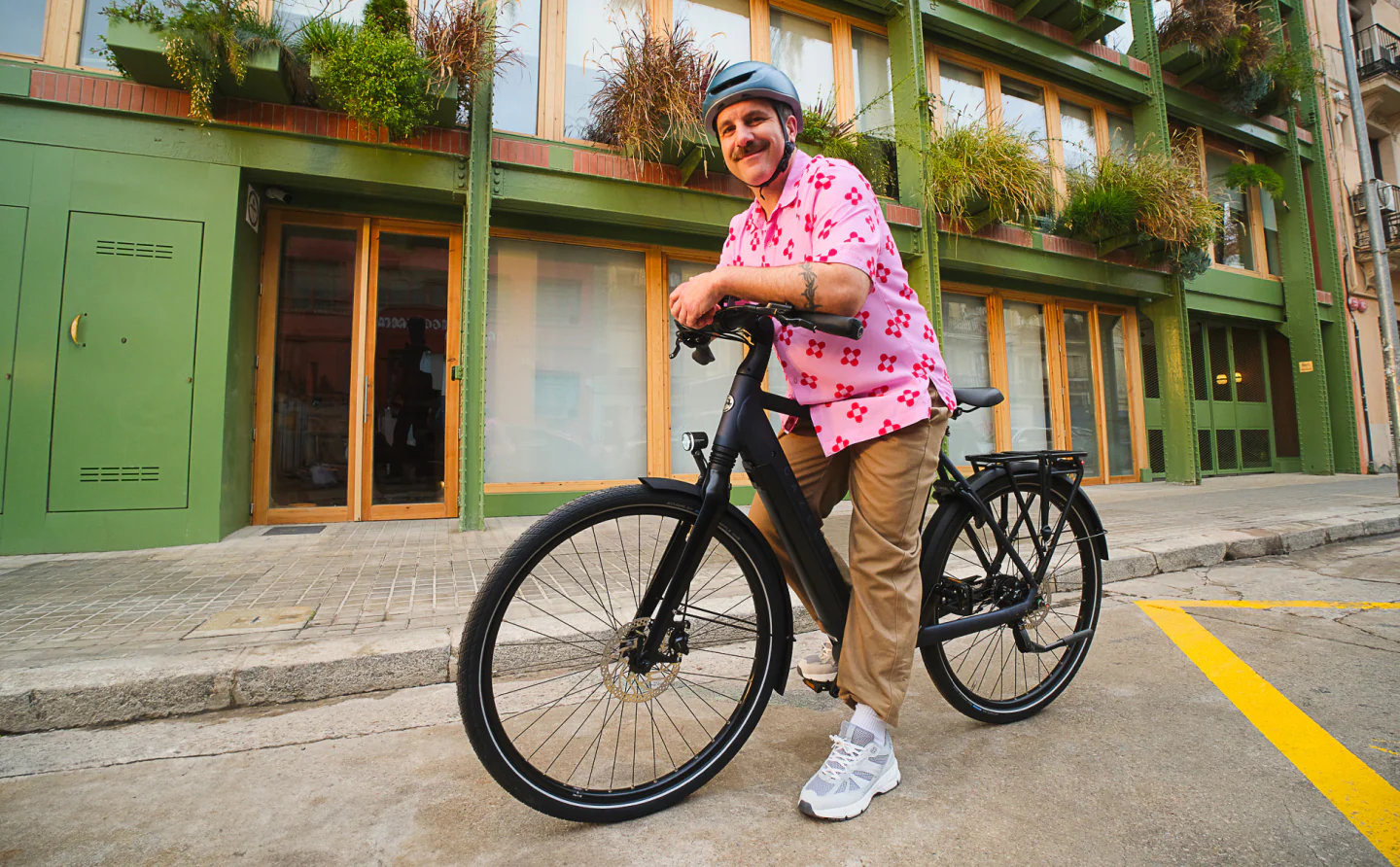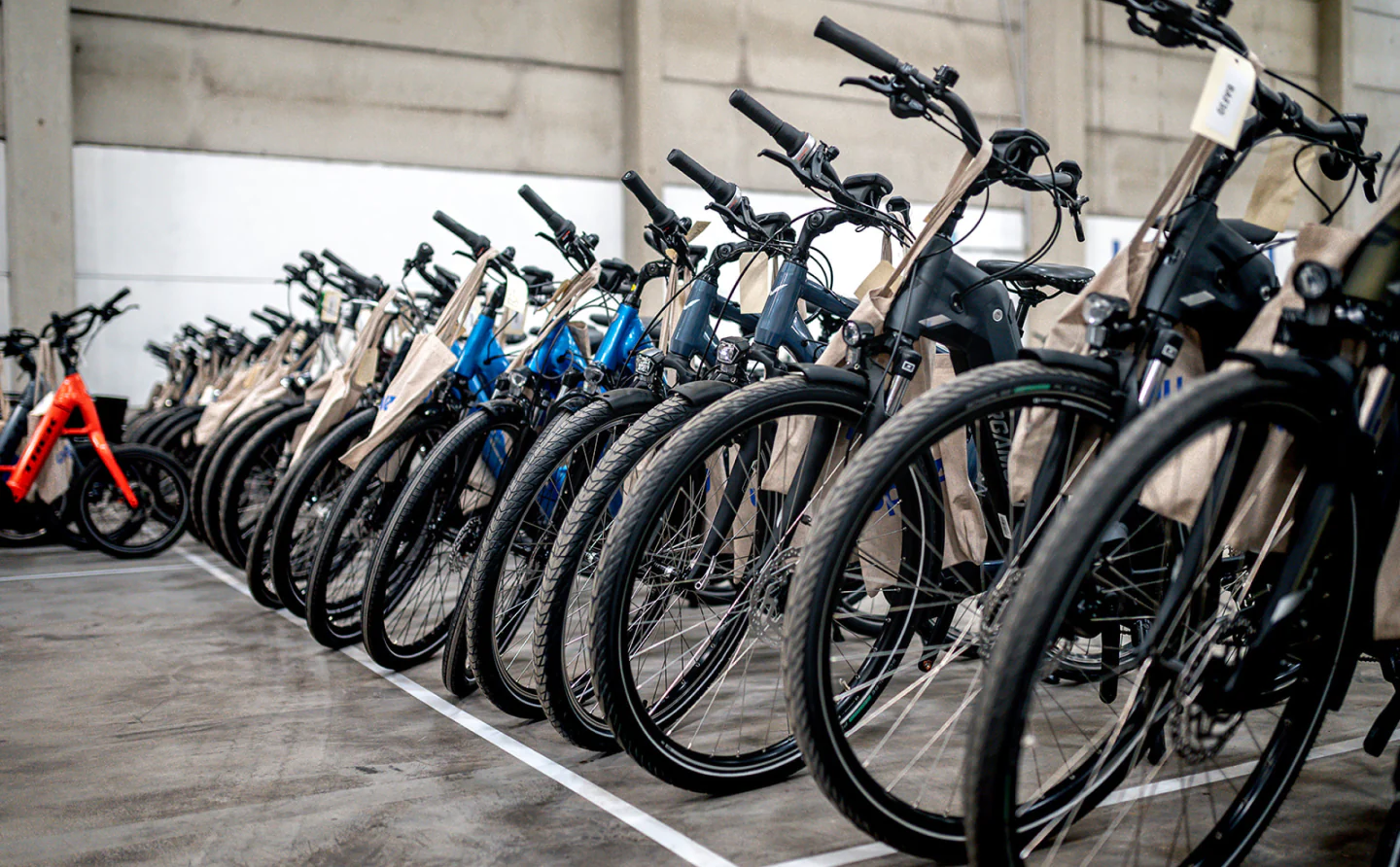A traveler in Egypt was shocked by a tour guide's answer to a seemingly simple question.
Cheryl (@chasingcheryl) went to TikTok to describe her experience, as well as her reaction, to the wild response she received.
@chasingcheryl As travelers we are responsible for preserving the earth & keeping nature clean as much as we can!! #studyabroadlife #travellife #traveltok #femaletraveler #womentravel #femaletravel #femaletravelcommunity #femaletraveller #femaletravelers #womenabroad #womenwhotravel #travelingwoman #travelingwomen #solofemaletraveler #solofemaletraveller #solofemaletravelers #internationalstudent #studyabroadgoals #traveltips #solofemaletraveltribe #travellingfun #travelgirl #travelgirlsgo #travelgirls #travelgirldiary #travelgirlshub #litter #dontlitter ♬ September - Earth, Wind & Fire
When Cheryl asked where to dispose of her empty paper cup, the tour guide pointed aimlessly and told her to "throw it over here." In layman's terms, the tour guide's directive was to litter.
TCD Picks » Upway Spotlight
💡Upway makes it easy to find discounts of up to 60% on premium e-bike brands
"It's crazy how littering is really normalized around the world," Cheryl says in the video. She then wrote in the caption, "As travelers we are responsible for preserving the earth & keeping nature clean as much as we can!!"
She opted not to follow the guide's advice and contribute to the country's waste, choosing to put the cup in her backpack to throw away later.
Litter isn't just a blight on our landscape. It affects our health and well-being, threatens our environment and wildlife, and finds its way into our oceans. The more people understand that, the more they will realize why pollution is so problematic.
America the Beautiful's 2020 study found that there were nearly 50 billion pieces of litter along U.S. roadways and waterways. As litter degrades, chemicals and microparticles contaminate the air, soil, and waterways, impacting the air we breathe, the food we eat, and the water we drink.
As litter finds its way into our waterways and oceans — or "home," as some animals like to call it — it threatens the ecosystem below the surface and those who drink from it to survive. The World Wildlife Fund claims that an estimated 100,000 marine mammals are killed by plastic pollution every year.
People follow by example. If you litter, so will those around you. If you pick up what shouldn't be on the ground, so will they. It's never too late to be a part of the solution. It starts with understanding the problem and knowing how to counteract it.
Taking part in community cleanups to beautify public spaces is a great example of how individual efforts can combine forces toward a larger cause.
Cheryl's experience was felt by other like-minded folks.
"That's so disgusting," grumbled one TikToker in the comments.
Another agreed entirely, saying, "I'll hold on to trash until I can properly dispose of it."
"Make the world a better place," wrote a third.
Join our free newsletter for easy tips to save more and waste less, and don't miss this cool list of easy ways to help yourself while helping the planet.







